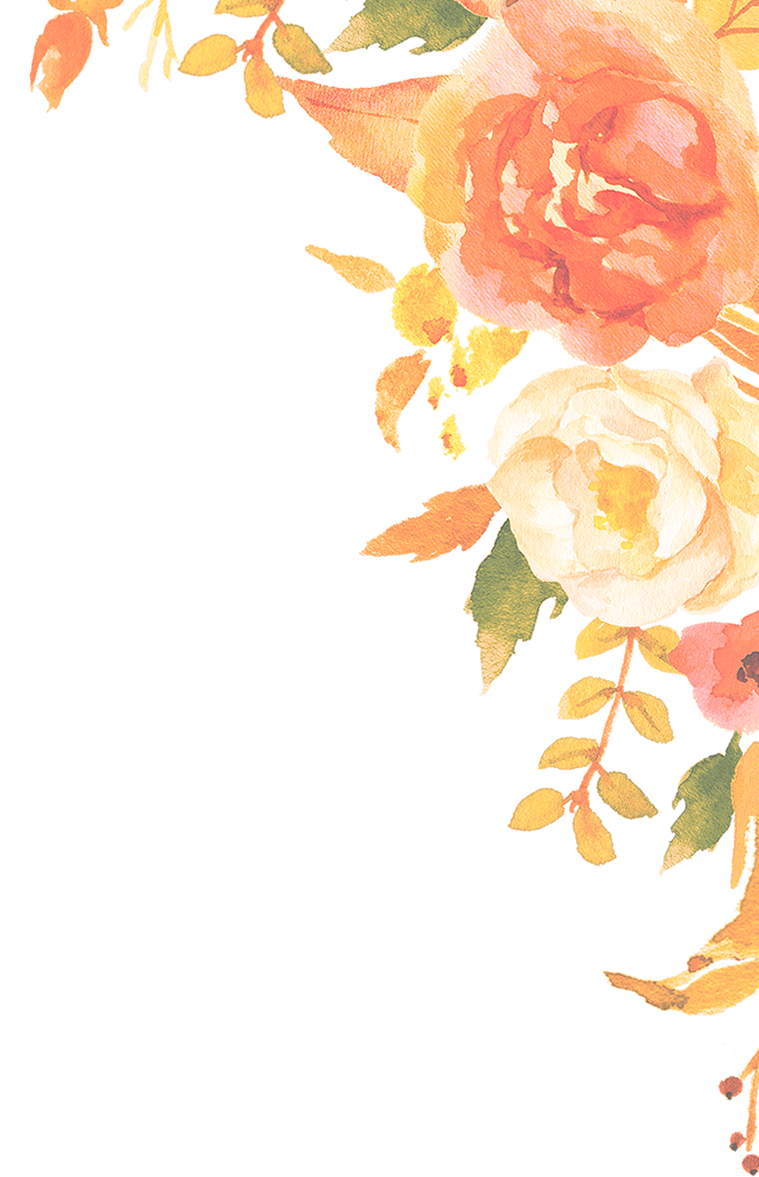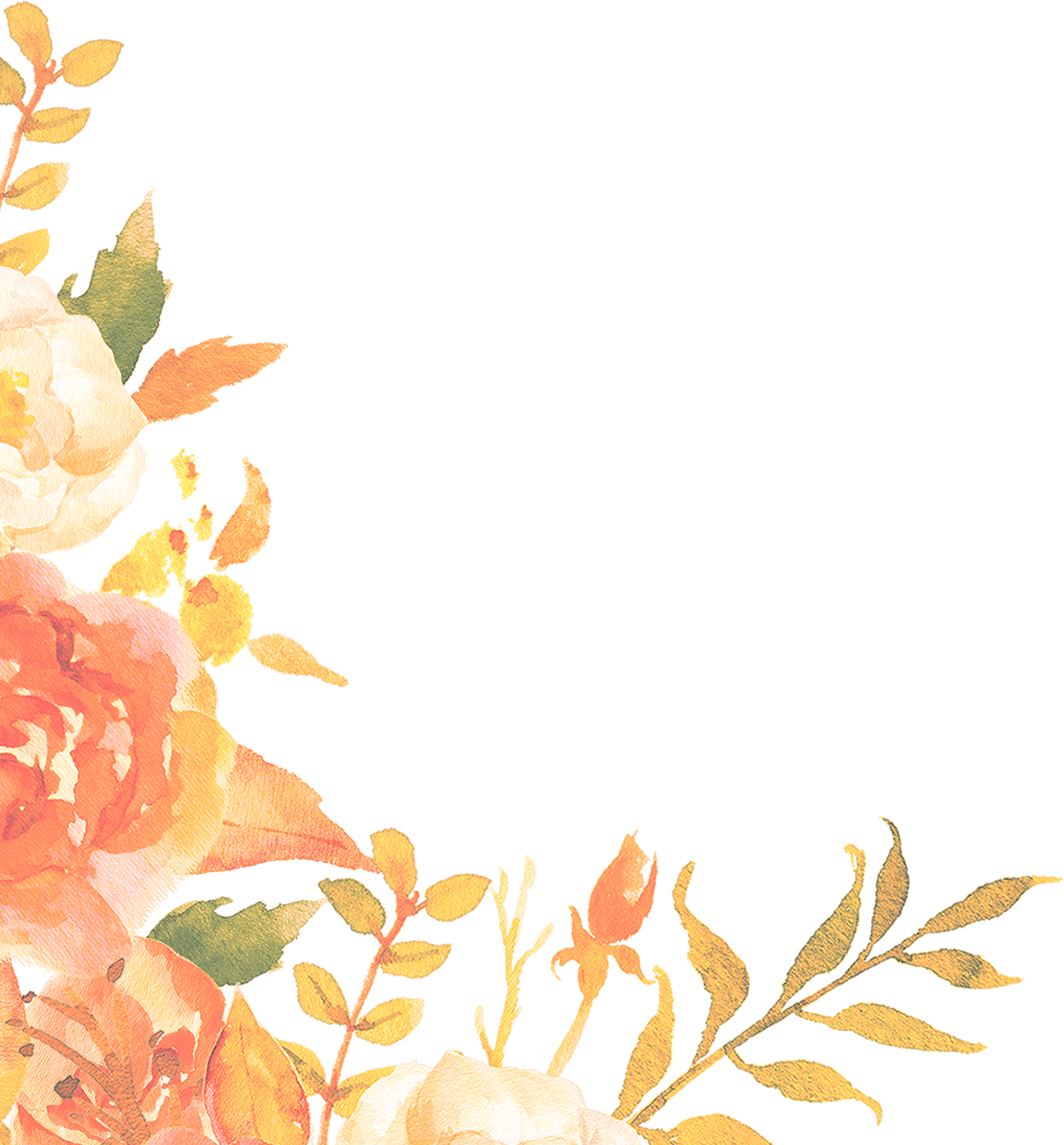



Hugely beneficial. My comparative happiness scores speak volumes.
-PAST CLIENT
Today I want to talk about two somewhat opposite and yet complementary qualities that can help us lead our best possible life: Acceptance and accomplishment. I cannot help but feel that our lives lie exactly within the boundaries of these two. Some aspects of our lives call for acceptance of the way things are. Others call for drive toward change and achievement. And both have to do with using our free will.
In his excellent and fascinating memoir on growing up in Perth, Robert Drew tells the story of Eric Edgar Cooke, the random killer who put the fear into the suburbs as no-one ever had or has done since in our isolated city. Cooke was married and had seven children with Sally, who was originally from Liverpool. She had married Cooke when she was 19, after only a few months of knowing him. She was aware that he had been in trouble with the authorities, but the extent of his stealing and lying only became apparent once they were married. Their eldest son was born mentally disabled, and their eldest daughter, who was a twin, with one arm missing. In their ten years of marriage Cooke had countless affairs, came and went as he pleased, yet managed to keep tight control over Sally’s and the children’s lives. Sally never suspected Cooke to be a murderer, but later reflected that it was fortunate that she had never tried to leave him as he might have killed her, too. While Cooke was in jail their eldest son drowned. She told Drew:
I’ve always believed that we’re born to a life and we’re born to a destiny. And you’ve just got to not ask questions and keep going. We lost my youngest daughter, Rosalie, with cancer on her twenty-first birthday. And my little grandson has cerebral palsy, can’t do anything about it. A nurse told me once I had a special gift – the gift of acceptance. And I said I’d often wondered why I react different to other people. When my daughter died I went out and planted a bed of petunias. When my sister died I went window-shopping. That’s the thing I do. I do feel a lot, I just react different. The nurse said, “Not many people are born with that gift. Don’t knock it.”1
Most of us are not born with this gift, however, and find it very difficult to accept misfortune, pain or loss etc. To achieve a state of acceptance, we have to challenge the way we think. Although he is not a positive psychologist, His Holiness The Dalai Lama is most certainly an expert on happiness. The Dalai Lama points out that in our Western societies, suffering has become much less visible. In our part of the world, the experience of suffering is widely perceived as an infringement on one’s right to a good and happy life. Most of us view it as a sign of disaster and failure; certainly not as a normal part of life. And yet, The Dalai Lama stresses, there is no avoiding the fact that suffering is part of human existence. He argues that what counts is our attitude to suffering. It is natural to dislike suffering intensely. If, however, we can increase our tolerance of pain and suffering, then we actually reduce our unhappiness, discontent and dissatisfaction.2 By reminding ourselves that no life is free of suffering, and that we have to take our turns at it, we increase our ability to accept that which has befallen us. Acceptance is a willingness to “let go” and “roll with it”. It might seem strange to you that a happiness expert extols the inevitability of suffering. Yet “letting go” and “rolling with it” are part of my life philosophy now, exactly because I have always had a hard time accepting life’s challenges.
So on the one hand we benefit from learning acceptance, increasing our willingness to tolerate suffering in our lives. On the other, we raise our psychological wellbeing by using our freedom to pursue achievement.
Martin Seligman’s psychological wellbeing theory holds that five elements contribute to it: positive emotions, positive relationships, meaning, engagement and accomplishment.3 Having discussed many of these elements already, I want to hone in a little more on accomplishment. Like acceptance – but at the other end of the spectrum – accomplishment involves free choice.
What are the processes that bring about accomplishment? According to Seligman, it’s a basic equation: achievement = skill x effort. Skill is dependent on three things: 1. Our speed of thought; 2. Our slow processes of planning, checking, creating and calling up memories; and 3. Our rate of learning.
Speed of thought and intelligence are strongly related. They enable the slow process of checking etc because they provide us with extra time. Rate of learning is about accumulating automatic knowledge: how soon we can deposit new information in to our ‘knowledge bank account’. Seligman argues that not much is known about building up speed of thought and nothing is known about how one can increase one’s rate of learning.
The real leverage we have is how much effort we put into a task. It is simply about how much time we devote to practicing, which will multiply and increase our skilfulness and knowledge. Seligman writes: “How much time you devote to a task comes from the exercise of conscious choice – from free will”.4
You may have noticed my emphasis on free will throughout this blog. In the end, our lives are a mixture of events we cannot control and the result of choices we make in free will. Accomplishment is a fundamental aspect of a happy and fulfilling life, and without effort there will be no accomplishment. Thus we need to make an effort!
Practicing acceptance is for events outside our control, which we choose to ‘roll with’ to achieve or maintain inner peace. Yet we should not confuse acceptance with making excuses for avoiding challenges. We might feel weak, afraid or unsure of ourselves but this is no reason to shrink back from taking up a path that can lead us to positive accomplishment. So be courageous; sign up for that course, apply for that job, and put up your hand.
We all live within the spectrum of human freedom. Where our freedom comes to a stop we practice acceptance. Where we have freedom we apply effort toward positive and meaningful accomplishment. Most of us have come across the first half of Reinhold Niebuhr’s Serenity Prayer:
God, give me grace to accept with serenity,
the things that cannot be changed,
courage to change the things which should be changed,
and the wisdom to distinguish the one from the other.
May we all find that wisdom, and lead lives of both serenity and courage.
© Natalie Lydia Barker 2016
Notes
No Comments